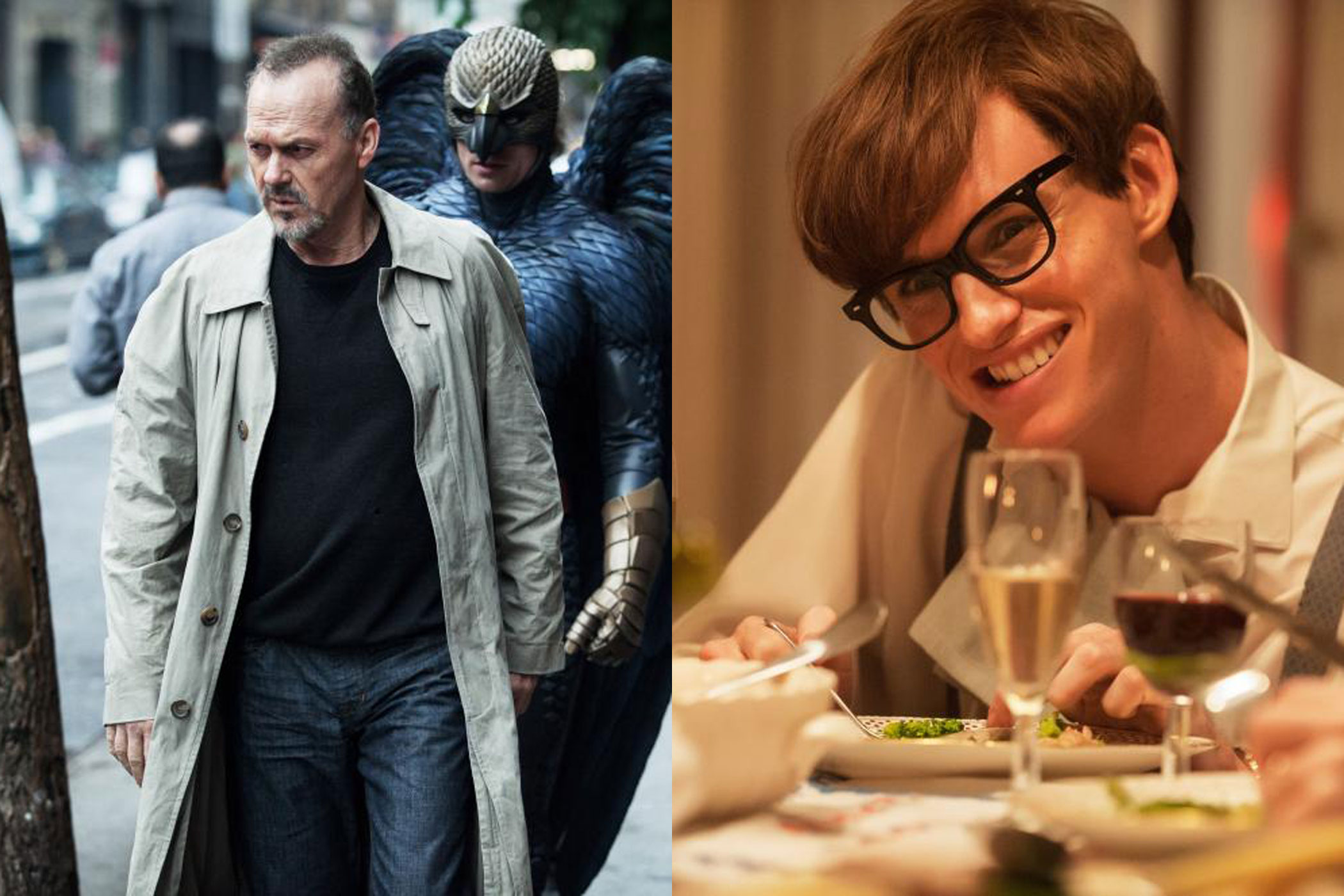
The Screen Actors Guild Awards telecast, which will air this year at 8 p.m. ET/5 p.m. PT on TBS and TNT, is the newest of the three major televised awards for film in the first quarter of the year: While the Oscars date back to the 1920s and the Golden Globes to the 1940s, the SAG Awards honored Tom Hanks and Jodie Foster at their first ceremony in 1995.
The intervening 21 years of SAG Awards have been most notable as a way-station before the Oscars. Historically, the the Screen Actors Guild ceremony has fallen between the announcement of the Oscar nominations and the Oscars themselves. Given the overlap between nominees for the Screen Actors Guild Awards and the Oscars (both because of the number of individuals who vote for both prizes and because the SAG prides itself on predicting the more prestigious ceremony), this gives the whole ceremony the sense of a dress rehearsal; acceptance speeches, here, are more or less televised auditions for the bigger prize. (Last year, Oscar voters got to see Matthew McConaughey as an oddball extemperaneous speaker and Cate Blanchett and Lupita Nyong’o as preternaturally poised, all attitudes they responded to.) Last year, all four actors who won SAG Awards went on to win Oscars, as was also the case in 2011 and 2010; in 2013 and 2012, the SAGs named three of four eventual Oscar winners.
The Golden Globes — because of their larger pool of nominees, an earlier date before consensuses on who’s likely to win an Oscar have formed, and a general idiosyncratic streak — tend to go out on a wild limb from time to time. This year, Amy Adams won a Golden Globe for Big Eyes long after it seemed apparent she stood no real chance at an Oscar nomination. She was in a category, Best Actress in a Musical or Comedy, in which she was joined by four other Oscar long-shots; the whole thing was just for fun.
But, in contrast to the effervescent Golden Globes, the Screen Actors Guild Awards pride themselves on an earthbound seriousness, beginning with the show’s traditional emphasis on the cultural import of actors. (SAG is, after all, a trade union representing thespians’ interests.) By now, things have gotten serious, and a ceremony whose very reason for existence is to predict or subtly influence the Oscar race has no room for those whose awards season is drawing to an end. This means that actors who were nominated for SAG Awards but not Oscars — among them Jake Gyllenhaal for Nightcrawler, Jennifer Aniston for Cake, and Naomi Watts for St. Vincent — will have an anticlimactic evening.
It also means that an unsettled Oscar race for Best Actor, in which SAG nominees Michael Keaton (Birdman) and Eddie Redmayne (The Theory of Everything) and non-nominee Bradley Cooper (American Sniper) all have their fans, may get a bit more clarity. If, as is extremely likely given the SAG’s taste for anointing Oscar contenders as the frontrunner, Keaton or Redmayne wins, we may get a bit more clarity. But Cooper’s increasing momentum for awards season’s sole genuine hit has caught the ceremony unawares. He might place the Screen Actors Guild in a position in which they hate to find themselves: Out of touch with the Oscars.
More Must-Reads from TIME
- Donald Trump Is TIME's 2024 Person of the Year
- TIME’s Top 10 Photos of 2024
- Why Gen Z Is Drinking Less
- The Best Movies About Cooking
- Why Is Anxiety Worse at Night?
- A Head-to-Toe Guide to Treating Dry Skin
- Why Street Cats Are Taking Over Urban Neighborhoods
- Column: Jimmy Carter’s Global Legacy Was Moral Clarity
Contact us at letters@time.com